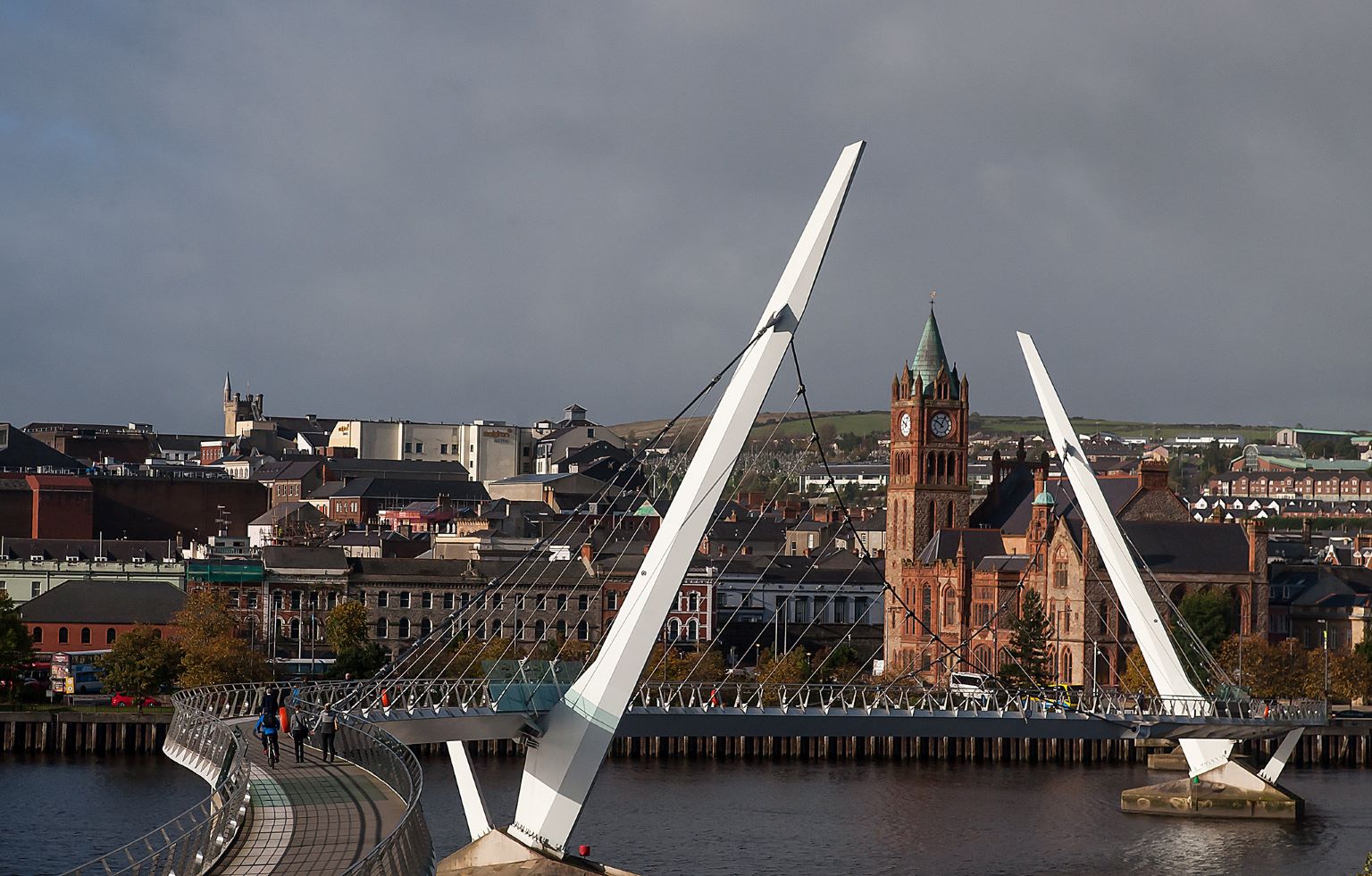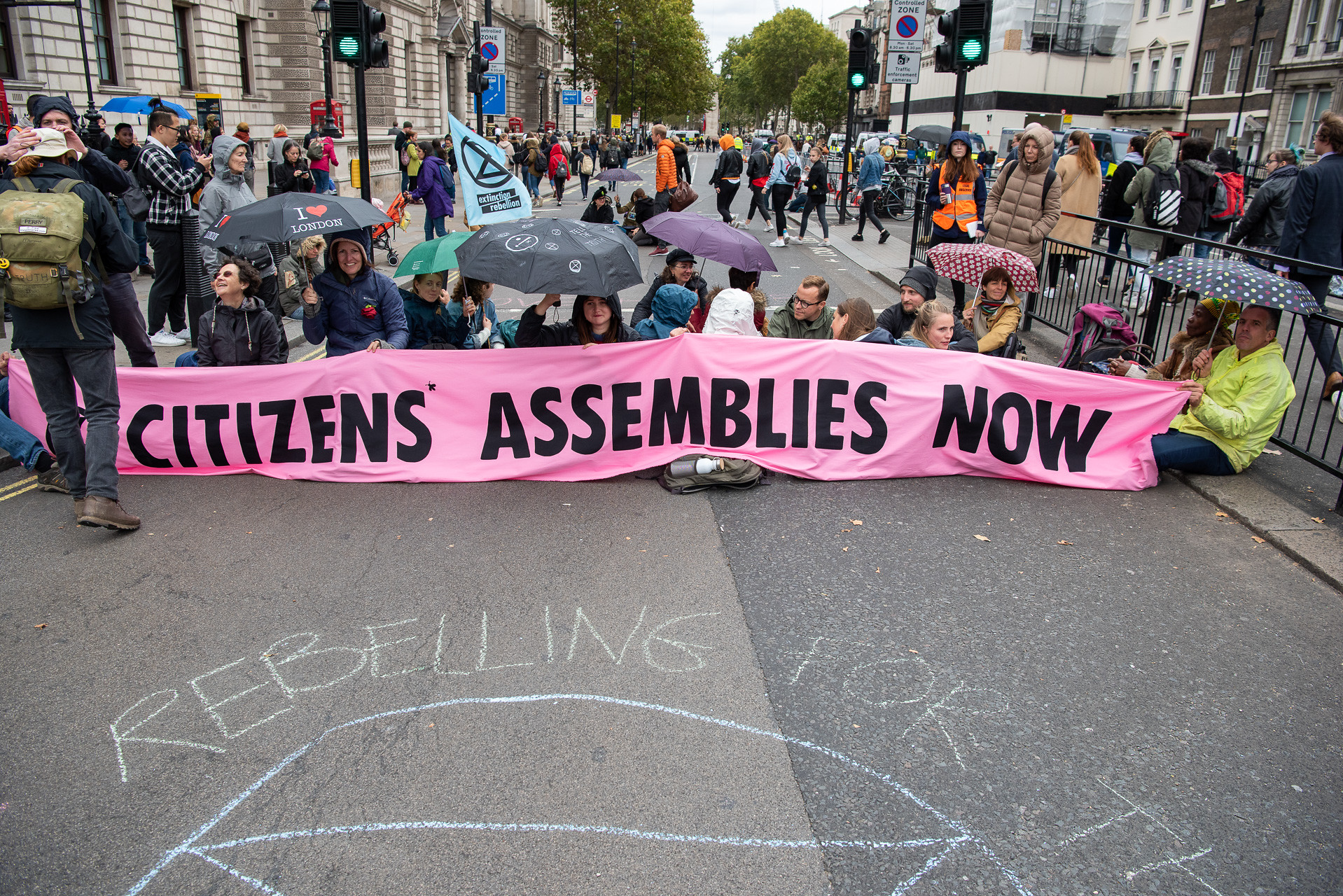The British far-right narrative is changing. Although the far-right is often equated with fascism, recently some far-right groups have moved towards certain liberal values. But where might this lead? Alice Sibley explains what these changes in far-right rhetoric might mean and why we need to research the far right now more than ever.
Far-right activity is now considered a major threat in most Western liberal democracies. In the UK alone, the far right is the fastest-growing form of extremism according to the most recent counter-extremism Prevent report. Moreover, this threat is not restricted to the violent Extreme Right (ER). The Populist Radical Right (PRR) influences the ER and vice versa.
PRR groups are far-right groups that are non-violent and support democracy. They differ from the ER, normally associated with fascism, who use and endorse violence and oppose democracy. The PRR and ER often share similar concerns related to immigration, globalisation and Islam, among other themes, but have a different view on fascism and violence. What’s more, the Populist Radical Right narrative is changing, as my research, drawing on 15 interviews with supporters and leaders of the British far right, illustrates.
In the name of Women’s rights, Lesbian, Gay and Bisexual (LGB) rights and animal rights
Some far-right groups in the UK have evolved to become more compatible with liberal democracy. Researchers have highlighted the PRR’s adoption of some liberal values. Some British far-right groups support women’s rights, LGB rights and animal rights. Some argue that this adoption is strategic, and their pro-liberal rights stance is a front to appear more moderate. Certain supporters may adopt some liberal values to appear more democratic, moderate and less of a threat. However, other research suggests that this is not necessarily the case. This research found that while some supporters did strategically adopt some liberal values to appear more moderate, these individuals originated from the authoritarian-right side of the political spectrum and were therefore strategically liberal, while others were driven by different motivations.
Although not representative of the British far right generally or far-right groups specifically, an example of the adoption of some liberal values is the use of women’s rights by two PRR leaders: Tommy Robinson and Anne Marie Waters. The quote below from an interview with the English Defence League’s Tommy Robinson highlights this appropriation of women’s rights to convey a liberal ideology:
“I’d say, my opposition to Islam comes from my liberal views. I am a liberal… People say, you are against immigration. Nope, I would open the British embassy tomorrow and get every woman out of Saudi Arabia. Every single one of them. And just leave loads of cavemen scratching their heads going, what… is going on, all the women have gone”.
The above quote is an example of femonationalism; the deployment of some women’s rights arguments to position so-called British values (perceived to be pro-women’s rights) as superior to so-called Islamic values (perceived to be anti-women’s rights).
In contrast, supporters and leaders that originated on the left side of the political spectrum but who moved over to the PRR still held some authentic liberal views, and were therefore, semi-liberal. In an interview, Anne Marie Waters talked about the difficulties of being the leader of a political party that was positioned as far-right. As the leader of the For Britain Movement, she mentioned that within her area of politics, sexism is still present:
“You’ve got to contain yourself, ’cause if you get angry, they’ll be like, oh hysterical woman… it’s relentless. If you speak out about sexism, she’s pulling the sexism card. If you don’t, you just have to sit there and take it. Which I do a lot of the time. If you do say something, you have to make sure you say it in a certain way so that they don’t dismiss you as a hysterical woman, probably has her period. Believe me, women still face this and in politics, it is everywhere.”
Anne Marie Waters’s women’s rights argument is unrelated to nationalism, nativism or Islam. She discussed the treatment of women within all aspects of politics. This argument, therefore, is not strategic and is semi-liberal. While Robinson’s argument was strategically liberal, Waters’s was semi-liberal. This shows the varied narratives in the British PRR.
Due to their changing rhetoric related to supporting some liberal values and opposing fascism, the PRR are attracting a new type of supporter, one that previously would have been deterred by the fascistic elements of the far right. This new type of supporter is usually referred to as the sexually modern nativist supporter: a higher-educated, pro-LGB rights woman who might also be part of the LGB community themselves. Anne Marie Waters fits this typology as a university-educated, lesbian woman. This highlights not only the change in the narratives of the British PRR but also how this translates into a new type of person being vulnerable to far-right recruitment.
The Populist Radical Right are attracting a new type of supporter, one that previously would have been deterred by the fascistic elements of the far right.
From The Great Replacement to The Great Reset conspiracy theories
Along with the shift towards a more moderate, liberal-based position, there has also been a shift in some corners of the British far-right away from The Great Replacement conspiracy theory towards The Great Reset conspiracy. The Great Replacement conspiracy is infamous. Even if you do not know it by name, you know the idea it propagates; White Europeans are being replaced by (Muslim) non-Europeans leading to white genocide. This was the main rallying cry for the British far right until recently. In my interviews, although concern about Islam and The Great Replacement was still a main theme, there was a shift in argument following the COVID-19 pandemic. In my interview with Tommy Robinson, he said:
“So now as I’ve progressed, I believe that all these things… is to divide. Everything that happened with Islam [The Great Replacement], everything that happened to me [perceived persecution], all the censorship, then COVID, it’s all part of the same thing under different names, different banners. The same objective, the objective is to divide… this is The Great Reset… they’ll destroy everything so much… that people will be crying out for a basic credit system… for more law and order… for more freedoms to be taken away, more cameras, more facial recognition.”
The Great Reset is a conspiracy theory which posits that the global elite are “resetting” the world-wide system to gain global totalitarian control. This highlights the potential shift away from conspiracies about Islam and Muslims gaining global control towards conspiracies about elites and global governments. For some corners of the far-right, COVID-19 represented a shock that led them to position the global elites as the enemy who are restricting our freedoms (COVID-19 restrictions) and taking away our rights (COVID-19 vaccinations). This is particularly worrying as research suggests that young people have lost trust in the British government because of COVID-19, making young people in particular potentially vulnerable to believing in this conspiracy theory. As The Great Reset is connected to antisemitic conspiracy narratives, this could also indicate a change in focus from one out-group, Muslims, to another, Jews. This narrative moves the PRR closer to the antisemitic ER, potentially leading to some alignment between the PRR and the ER.
Although, the adoption of some liberal values is moving the PRR away from the stereotypical fascistic narrative, the shift towards The Great Reset may move these groups closer together. It is, therefore, more important than ever to monitor these potential changes in the British far-right.
This blog post draws on the research article “Behind the British New Far-Right’s veil: Do individuals adopt strategic liberalism to appear more moderate or are they semi-liberal?” published in the British Journal of Politics and International Relations.
All articles posted on this blog give the views of the author(s), and not the position of LSE British Politics and Policy, nor of the London School of Economics and Political Science.
Image credit: Photo by Paige, Creative Commons — Attribution 2.0 Generic — CC BY 2.0






